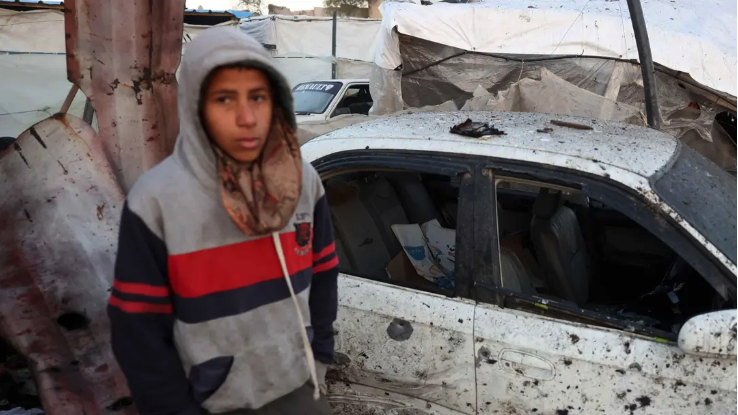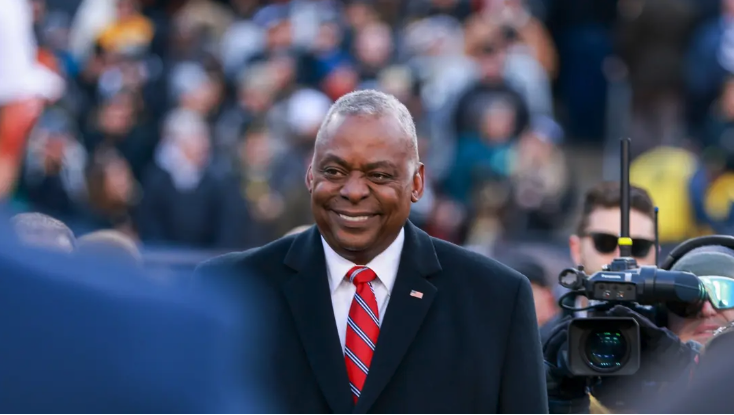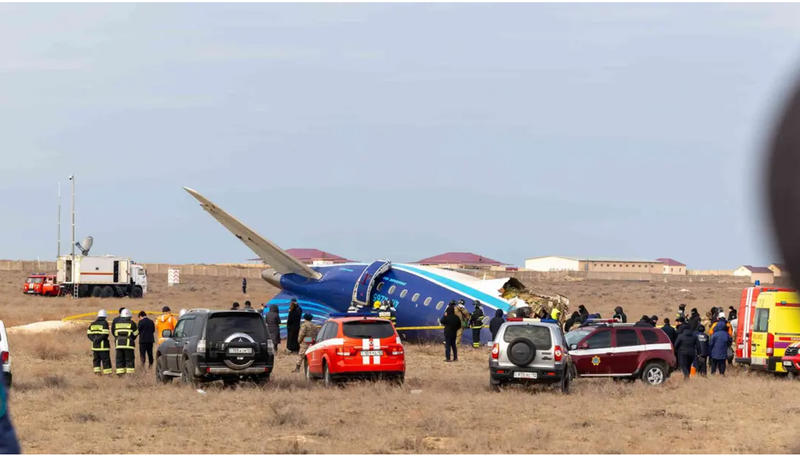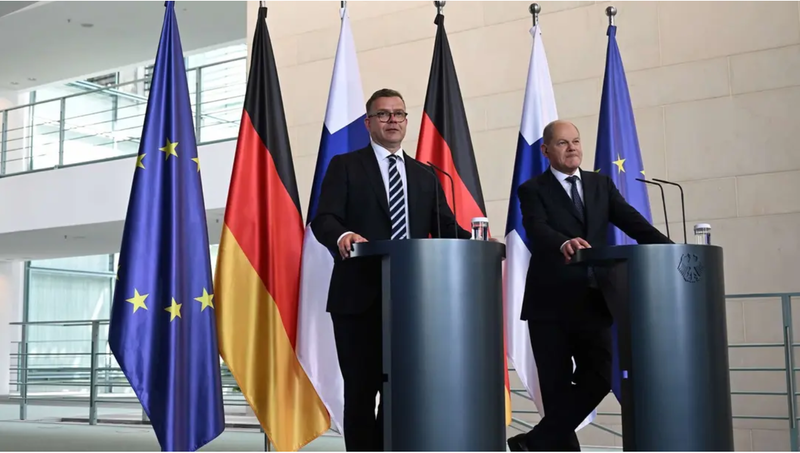Iran May Set Deadline For Nuclear Talks, Says Iranian Foreign Minister
Iranian Foreign Minister Hossein Amir-Abdollahian has said the country may impose a legal deadline for talks on restoring the 2015 nuclear deal, which have been deadlocked for months. He made the comments in an exclusive interview with Al Jazeera.
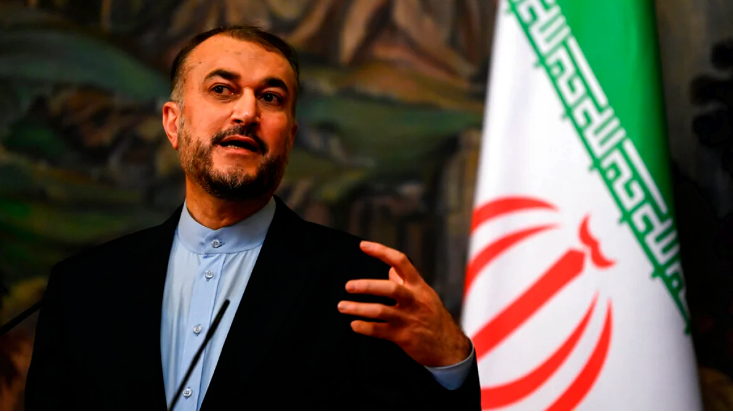
Facts
- Iranian Foreign Minister Hossein Amir-Abdollahian has said the country may impose a legal deadline for talks on restoring the 2015 nuclear deal, which have been deadlocked for months. He made the comments in an exclusive interview with Al Jazeera.1
- Amir-Abdollahian is currently in Moscow meeting with Russian Foreign Minister Sergey Lavrov to discuss efforts to revive the 2015 nuclear deal, among other topics. The agreement — formally titled the Joint Comprehensive Plan of Action — imposed restrictions on the Iranian nuclear program in exchange for sanctions relief.2
- The US walked away from the agreement in 2018. In 2020, Iran imposed a deadline for the removal of sanctions which was not met by Washington — Tehran subsequently ramped up uranium enrichment. Discussions about the deal have been in limbo since last September, with both sides accusing the other of bad-faith negotiations.1
- Though Amir-Abdollahian says Iran is committed to cooperating with the International Atomic Energy Agency, he has added that "the door to negotiations will not remain open forever."3
- Iran has recently been doubling down on efforts to restore relations with other countries. Earlier this month, an agreement negotiated by China was reached with Saudi Arabia to restore diplomatic ties between Tehran and Riyadh. Under the terms of the agreement, Saudi Arabia will support the restoration of the 2015 nuclear deal.4
Sources: 1Al Jazeera, 2The National, 3Middle East Monitor, and 4Firstpost.
Narratives
- Pro-establishment narrative, as provided by Business Insider. It is unlikely that the Iran nuclear deal will ever be revived, and for good reason. Secret meetings with Russian and Chinese officials will do nothing to help build trust amid already tense diplomatic circumstances. However, the US can still work towards global peace by offering good-faith engagement to avoid a nuclear Iran.
- Establishment-critical narrative, as provided by Newsweek. A new strategy is needed regarding Iran. Previous efforts have proved unsuccessful, so the US should now work with Europe to agree a resolute declaration on the issue of Iran's nuclear ambitious, and make clear that military action will be taken against credible threats. Without pushback against Iranian provocation and regional aggression, conflict is almost guaranteed — Washington's tact needs to change to ensure global stability.
- Pro-China narrative, as provided by South China Morning Post. Forget about US involvement, China is the only nation that can help bring peace to the Middle East, and the Saudi-Iran deal is proof of this fact. Having already made an unprecedented advancement towards regional stability, China is now best positioned to help resolve the Iran nuclear issue by continuing in its role as the stabilizer in a divided world.



